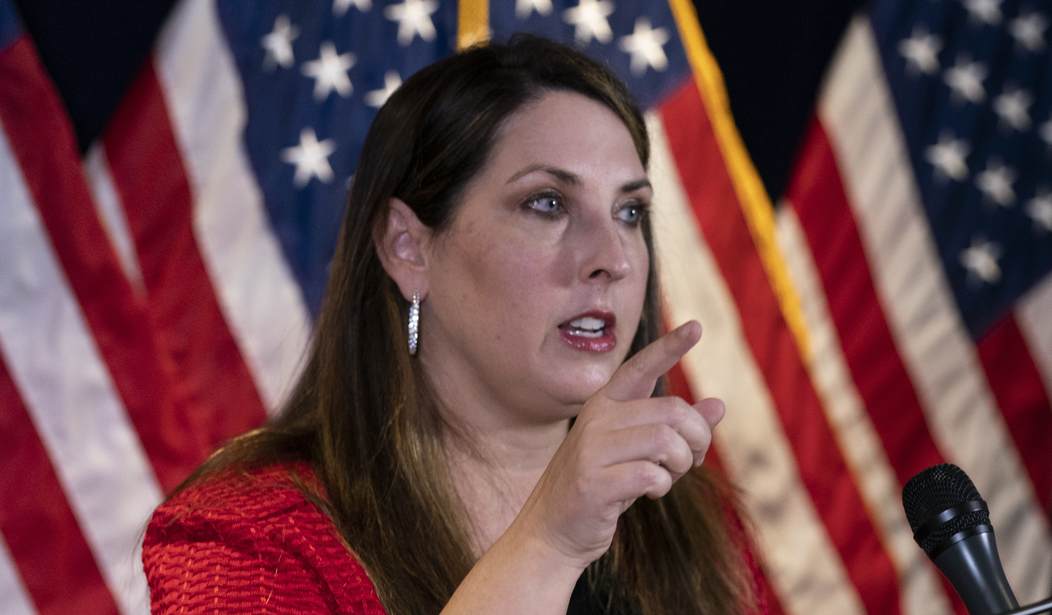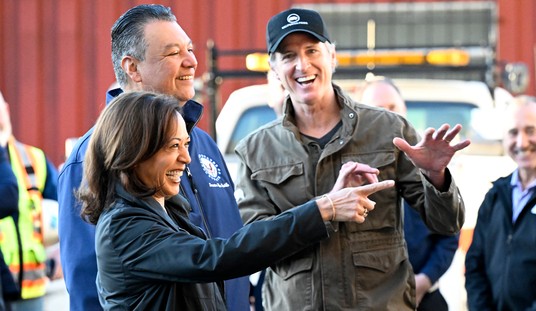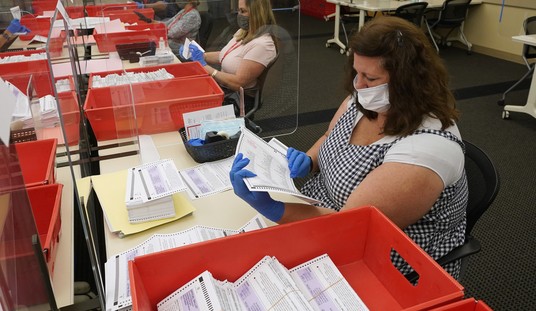I might be the only one questioning this so far, but isn’t it a little odd that the Republican National Committee (RNC) seeks to prohibit presidential candidates from participating in non-sanctioned debates?
The rule seems intended to allow the RNC to control the process, as far as how presidential primary candidates choose to make their case to the Republican voting base.
At this point, it seems that at least one candidate is flouting the rule, which states that contenders who participate in debates or public events, at which multiple candidates will be involved, will not be allowed to participate in RNC-sanctioned debates. Florida Gov. Ron DeSantis recently indicated that he will attend the Family Leader Thanksgiving Forum in Iowa, even after the RNC warned candidates against going to the event.
.@RonDeSantis tells @wrmcduff he will attend the Family Leader Thanksgiving Forum in Iowa despite RNC warnings:
— Kit Maher (@KitMaherCNN) November 11, 2023
“I think it's an important part of this process. It's been a part of this process for a long time. There's no way that should cause the RNC to penalize any candidate.” pic.twitter.com/kzwSbh2Fd6
RedState’s Bonchie explained:
According to an October 28th letter, the RNC has deemed the Family Leader Thanksgiving Forum, hosted by Bob Vander Plaats, to be a "debate." That would supposedly violate the pledge the candidates signed in order to participate in the RNC debates, though there's a good case to be made they are stretching the definition of the term to absurd lengths.
“It has come to the attention of the RNC Counsel’s Office that several Republican presidential candidates have been invited to participate in an open-press event in Iowa in November at which they would ‘gather around the table to have a moderated, friendly, and open discussion about the issues.’ In other words, a debate,” the RNC counsel’s office said in a letter obtained by CNN.
“Accordingly, please be advised that any Republican presidential candidate who participates in this or other similar events will be deemed to have violated this pledge and will be disqualified from taking part in any future RNC-sanctioned presidential primary debates,” the office said.
What is noteworthy about this event is that it is not even being billed as a “debate.” So, does RNC Chairwoman Ronna McDaniel’s edict mean that candidates can’t even engage in public conversations with one another? Perhaps this is why DeSantis is giving McDaniel the middle finger and going to the event anyway. It would not be surprising to see other candidates follow suit.
But the question remains: Why does this policy exist in the first place?
For starters, it undermines the idea that the GOP nominee should be selected by the will of the people. By limiting contenders to debates that only the RNC controls, GOP voters are unable to have diverse ways of seeing how each one makes their case to the public. It also deprives the candidates of the freedom to engage with the electorate through differing platforms and keeps voters from assessing the contenders in different settings.
In fact, throughout history, open debates have been pivotal in shaping public opinion and allowing for the free flow of ideas. The Lincoln-Douglas debates of 1858, though not presidential, provide a poignant example of how unrestricted political discourse among leaders can engage and educate the electorate. On the other hand, the RNC’s policy seems more of an authoritarian dictate than a means for fostering robust debate.
Next, there is the issue of exposure and diversity. In a crowded field, in which there are several lesser-known candidates, candidates typically rely on a variety of platforms to gain visibility and get their messages out. By punishing them for speaking at different venues, the RNC is essentially muzzling these voices and diminishing the richness of the political discourse.
This is especially interesting given that the GOP touts itself as valuing diversity of thought as a hallmark of its ideology. Restricting debate only to events controlled by the RNC narrows the spectrum, so to speak, and edges out other voices that the electorate needs to hear. Even further, in an age in which media plays a critical role in shaping political narratives and opinions, confining debates to a single media ecosystem can lead to a homogenization of viewpoints, which makes it harder for voters to see how candidates handle different types of questions and formats.
Lastly, it is important to note that this policy could come back to bite the RNC later on. It is supposedly intended to present a united front and avoid internal party strife, it is currently doing the opposite. Indeed, McDaniel has been under fire from the base, and even one of the GOP’s presidential candidates, over the performance of the party during her tenure as chairwoman. It might also result in battle-hardening for the eventual nominee. Exposing the base to a wider array of debates and forums equips candidates with the resilience and adaptability necessary to compete in a rigorous general election campaign.
In the end, it seems that letting the RNC dictate how, where, and when candidates debate and engage with one another is a horrible idea, producing more negative than positive results. Perhaps DeSantis’ move might bring about a mutiny of sorts against the committee’s control over their movements.













